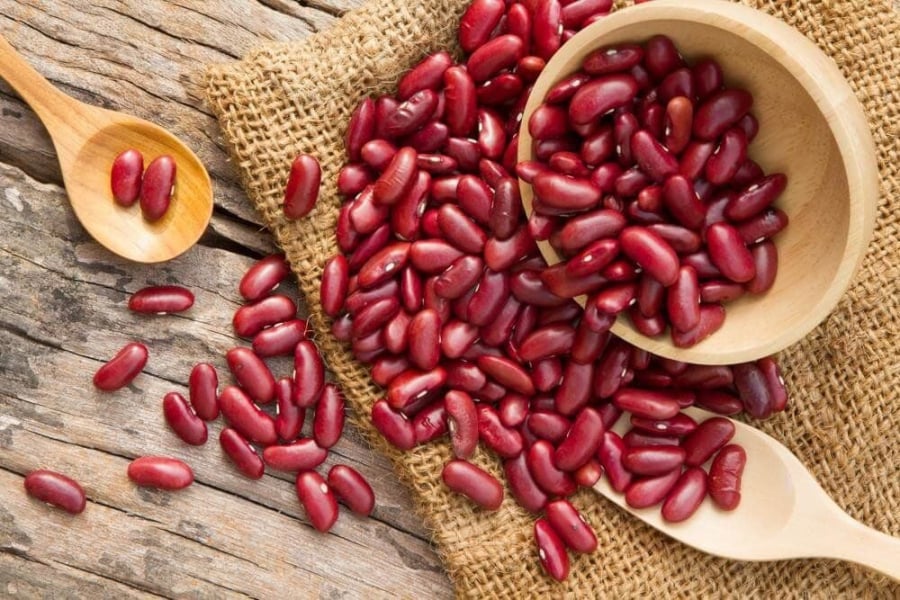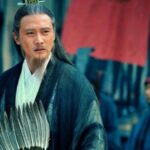lish is a unique and fascinating language that is widely spoken across the globe. With its intricate grammar, extensive vocabulary, and diverse dialects, Mandarin Chinese presents both challenges and opportunities for language enthusiasts. In this article, we will explore the intricacies of this fascinating language, including its history, evolution, and influence on global culture.
The Origins and History of Mandarin Chinese
Mandarin Chinese, or PuTongHua as it is known in China, has a long and rich history that dates back thousands of years. It is the official language of China and is spoken by over one billion people worldwide, making it the most spoken language in the world. The origins of Mandarin can be traced back to the Northern and Southern Dynasties period (420-589 AD), when it began to emerge as a distinct language from other varieties of Chinese. Over time, it evolved and spread across different regions, eventually becoming the dominant language in Northern China.

The Spread of Mandarin Chinese
Map showing the spread of Mandarin Chinese across different regions over time.
During the Sui and Tang dynasties (581-907 AD), Mandarin Chinese continued to flourish and became the language of the court and literature. It was during this period that the first Chinese dictionary, Qieyun, was compiled, standardizing Chinese characters and pronunciation. This standardization played a crucial role in unifying the country and facilitating communication across different regions.
The Evolution and Dialects of Mandarin Chinese
Mandarin Chinese has evolved significantly over the centuries, with various dialects emerging and influencing the language. The three main dialects of Mandarin are Mandarin, Wu, and Cantonese. Each dialect has its own unique features, vocabulary, and pronunciation, contributing to the rich diversity of the language.

The Three Main Dialects of Mandarin Chinese
A visual representation of the three main dialects of Mandarin Chinese, showcasing their geographical distribution and unique characteristics.
Mandarin Dialect
The Mandarin dialect, also known as Northern Chinese, is the most widely spoken dialect and serves as the basis for standard Chinese. It is spoken in Northern China, including Beijing, Tianjin, and Hebei, and has a strong influence on nearby regions. This dialect is known for its clear and distinct pronunciation, with four tones that differentiate words and give the language its musical quality.
Wu Dialect
The Wu dialect, native to the Yangtze River Delta region, including Shanghai, has a long history and distinct cultural heritage. It is known for its soft and lyrical tone, with a unique vocabulary and grammatical structures. The Wu dialect has played a significant role in the development of Chinese opera and has a strong influence on Shanghai’s culture and lifestyle.
Cantonese Dialect
The Cantonese dialect, originating from the southern province of Guangdong, is widely spoken in Hong Kong, Macau, and many overseas Chinese communities. It is known for its fast pace and expressive tone, with a rich vocabulary and unique grammatical structures. Cantonese has a strong cultural identity and is often associated with Cantonese opera, cuisine, and cinema.
The Influence of Mandarin Chinese on Global Culture
Mandarin Chinese has had a profound impact on global culture, influencing various aspects of society, including cuisine, art, literature, and popular culture.
Cuisine
Mandarin Chinese has influenced the spread and popularity of Chinese cuisine worldwide. With its unique flavors and cooking techniques, Chinese food has become a beloved part of culinary traditions in many countries. Dishes like kung pao chicken, chow mein, and spring rolls have become household names, reflecting the influence of Mandarin Chinese in the culinary world.

Chinese Cuisine
A spread of delicious Chinese dishes, showcasing the variety and appeal of Chinese cuisine.
Art and Literature
Mandarin Chinese has left its mark on the world of art and literature. Chinese calligraphy, painting, and poetry have a rich history and are deeply rooted in the Mandarin language and culture. The unique aesthetic and philosophical underpinnings of Chinese art and literature have captivated audiences worldwide, influencing artistic movements and literary trends.
Popular Culture
Mandarin Chinese has also made its way into popular culture, with Mandarin phrases and words finding their way into movies, music, and social media. Mandarin-language films and TV shows have gained international recognition, and Mandarin pop music has become increasingly popular, with artists like Jay Chou and Wang Leehom achieving global success.
In conclusion, Mandarin Chinese is a fascinating language with a rich history and cultural influence. Its widespread adoption and impact on various aspects of global culture showcase its significance in the modern world. As we continue to embrace diversity and connect with people from different backgrounds, learning and appreciating Mandarin Chinese can open doors to new experiences, enhancing our understanding of the world around us.
The Sweet Significance of Wedding Cakes: A Guide to Elegant and Delicious Designs
In this article, we delve into the significance of the wedding cake and offer a curated selection of exquisite designs to inspire your own celebration. We’ll explore the traditional symbolism of this iconic centerpiece and present a gallery of elegant cakes that are sure to leave a lasting impression. Join us as we uncover the secrets behind this beloved wedding tradition and provide you with the inspiration to create your own unforgettable masterpiece.
The Wisdom of Zhuge Liang: Timeless and Inspiring Quotes
Sure, I can assist you with that!
“Zhuge Liang (Chinese: 诸葛亮; 181-234), styled Kongming, and titled Wolong, was a prominent founding father of the Shu Han dynasty during the Three Kingdoms period. A brilliant strategist and statesman, Zhuge Liang is widely revered in Chinese culture and has become an iconic figure synonymous with intelligence and wisdom.”
What is International Left-Handers Day?
International Left-Handers Day is a celebration of left-handed uniqueness and a chance to raise awareness of the challenges and advantages that left-handers face in a world that is predominantly right-handed. This annual event is observed on August 13 and offers a unique perspective on everyday tasks and activities. It is a day to embrace and applaud the lefties in our lives and to recognize the contributions of some of history’s most famous left-handed individuals. From sports stars to artists and leaders, left-handers have made a significant impact on society. So, mark your calendars and get ready to celebrate the lefties!


































